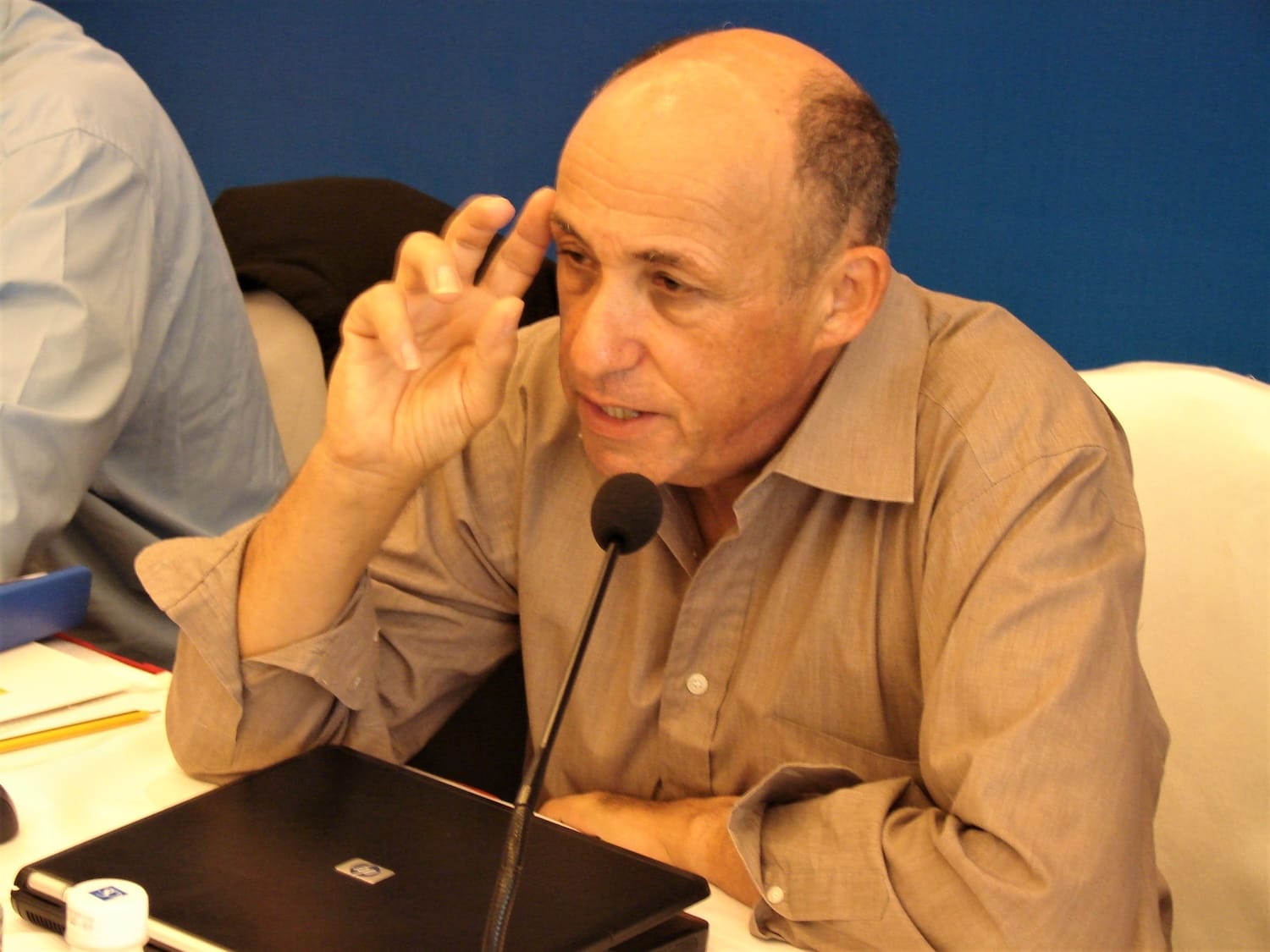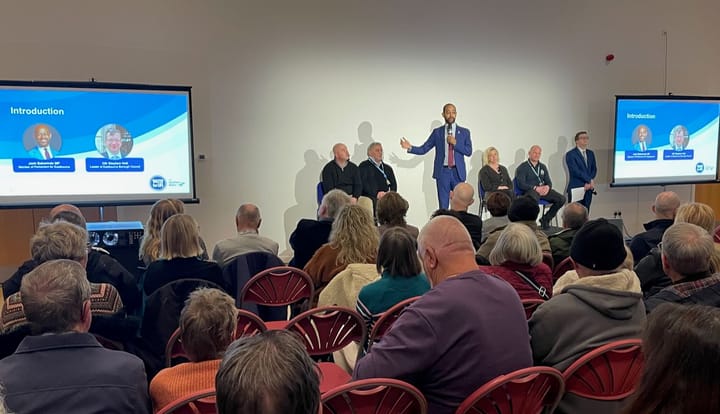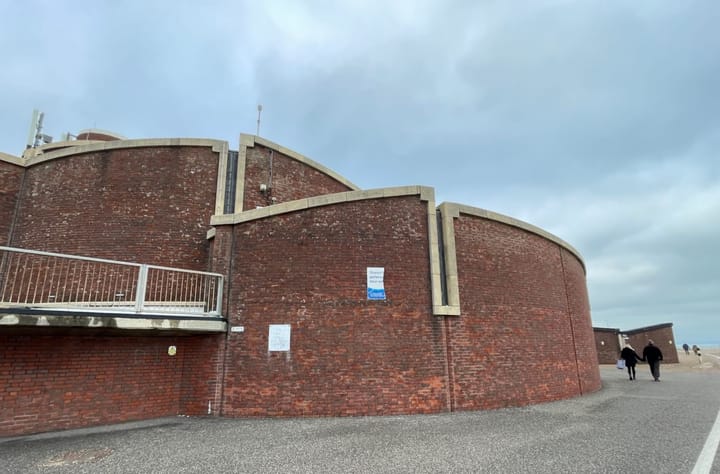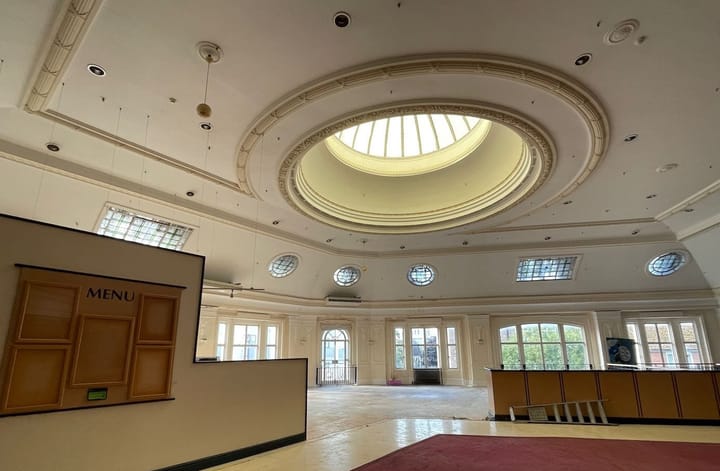What will having a Sussex mayor mean?

The way Eastbourne residents are represented is about to change.
Over the next few years, Eastbourne Borough Council will be abolished, new councils will be set up and there will be a mayor covering the whole of Sussex with £38 million a year to spend.
How will these reforms affect the people of Eastbourne? And how will residents make their voice heard?
In this three-part series, Eastbourne Reporter writer Paul Bromley, a former national political journalist, explains the issues in depth.
The first feature examines devolution and the creation of a Sussex-wide mayor
There are exactly six months until the first mayoral election in Sussex will be held.
Voters across East Sussex, West Sussex and Brighton & Hove will go to the polls on Thursday 7 May 2026 in a mayoral election which will cost £4.3 million.
It will be first time the combined areas will have one person with decision-making powers for the whole of Sussex from Chichester to Rye and Crawley to Brighton.
What is devolution?
The intention is to transfer powers from central Government at Westminster to regions and nations.
Regional mayors exercise the devolved powers. There are currently 14 regional mayors in England including those for major cities such as the mayors of London, Greater Manchester and Liverpool but also wider regions including West Midlands, Tees Valley and West of England.
The Government published a proposal last December to devolve more powers to regional mayors, including a new mayor for the whole of Sussex.
Why is Sussex having an election next May?
Sussex has been put on the Government’s fast track known as the Devolution Priority Programme.
In July, the Government confirmed Sussex as one of six places to be given priority status. The others are: Cumbria, Cheshire and Warrington, Norfolk and Suffolk, Greater Essex, and Hampshire and the Solent.
The proposal was supported by the leaders of East Sussex County Council, West Sussex County Council and Brighton & Hove City Council. But it meant planned county council elections in May this year were postponed. Some felt this was undemocratic and there were concerns at the speed at which a mayor was being introduced.
The vote for mayor will be on Thursday 7 May next year.
Were residents given a say about having a Sussex mayor?
Not exactly. There wasn’t a Sussex-wide referendum on the issue in the way other places have previously asked residents whether they wanted a mayor.
But Labour’s election manifesto for the July 2024 General Election stated (p40):
“In England, Labour will deepen devolution settlements for existing Combined Authorities. We will also widen devolution to more areas, encouraging local authorities to come together and take on new powers. Towns and cities will be able to take hold of the tools they need to pursue growth, create jobs, and improve living standards.”
And the Government held an eight-week consultation earlier this year after publishing its initial proposals.
Residents were asked a range of questions such as: “To what extent do you agree or disagree that establishing a mayoral Combined County Authority over the proposed geography will deliver benefits to the area?”
There were more than 6,000 responses. The Government acknowledged in its summary that there were mixed views.
It said: “Opinions were divided across respondents and themes set out in the consultation. While many respondents stated that the proposal could allow for greater co-ordination across transport, housing, skills and environmental management, some expressed concerns on the ability of the proposed [combined authority] to reflect the varied identities of towns, cities and rural communities across the area.”
So there is by no means widespread support for the idea.
Will the Sussex mayor give the region a bigger voice and lead to improvements or will it just be another political battleground?
This is one area where the region could benefit from a mayor, according to Ivor Gaber, Emeritus Professor of Political Journalism at the University of Sussex and a former political broadcaster.

He told Eastbourne Reporter: “The experience of metro mayors and some others, is that they have created a bigger voice and greater impact for their areas. Certainly in terms of transport in Manchester or regional development on Teesside, there has been a major positive impact.”
One other key question is whether devolution will create another layer of political control rather than simplifying decision-making.
“That remains to be seen – in theory, it is creating fewer levels of political decision-making,” according to Prof Gaber.
What powers will the Sussex mayor have?
The Sussex mayor will be one of the most powerful political figures in the region. They will arguably be more influential than individual MPs.
They will have strategic responsibility for many areas of public life: housing and strategic planning, economic development and regeneration, skills, employment support, transport, health and wellbeing, public safety.
The mayor will also be part of a network of regional mayors feeding in to Government decision-making.
Ministers say: “This is a significant devolution of power. But it represents the floor, not the ceiling, of the government’s ambition, and will be kept under review.”
How will the Sussex mayoral election work?
Mayors used to be elected under the Supplementary Vote system with voters choosing their first choice candidate and, if they wished, a second choice candidate. But a change in the law in 2022 means more recent elections have used the First Past the Post system in which the candidate with the highest number of votes win.
The Institute for Government has noted: “The scrapping of supplementary vote in favour of first past the post, brought in with the Electoral Reform Act 2022, risks reducing voter choice and ultimately may damage the position of mayor.”
It has also pointed out that “mayors can be elected with substantially less than a majority of votes; for example, the West of England and Cambridgeshire and Peterborough mayors won less than 30% of the vote in 2025”.
Legislation going through Parliament to establish devolution for Sussex includes a section proposing the Supplementary Vote method for choosing the mayor. The law would have to be passed by next spring to give time for this system to be used next May – otherwise it will be First Past the Post.
How much will the Sussex mayoral election cost and how much will the mayor have to spend?
Brighton & Hove City Council’s returning officer will be responsible for running the mayoral election.
The council estimates that “delivery of the election will cost £4.337m across the region if no other polls take place on the same day”.
The Government has confirmed that £38 million a year over 30 years, a total of £1.14 billion, will be made available to the mayoral authority to be spent in line with agreed regional priorities.
Who are the candidates for Sussex mayor?
[Updated 11 November following Labour candidate selection]
A number of people have been selected by their political parties or put themselves forward to stand:
Caroline Baxter (Labour)
Katy Bourne (Conservative)
Ben Dempsey (Liberal Democrat)
Rachel Millward (Green)
Martin Webb (Independent)
Reform UK has yet to announce its candidate.
The full final list will be published nearer to polling day.
Jargon buster
DPP: Devolution Priority Programme – the Government’s accelerated scheme for areas, including Sussex and Brighton, moving towards devolved powers and an elected mayor
MSA: Mayoral Strategic Authority – a group of leaders from the local authorities within the mayoral region who take decisions on the devolved powers
EDWP: English Devolution White Paper – the Government’s initial proposals for devolving powers from central to local government
EDCEB: English Devolution and Community Empowerment Bill – legislation going through Parliament to give legal authority for devolved areas and transfer of powers
SBCCA: Sussex and Brighton mayoral Combined County Authority – the official name of the new body which will have devolved powers across East Sussex, West Sussex and Brighton & Hove
:: This type of genuine journalism – researching, interviewing and asking questions – takes a lot of time and this experienced writer was unpaid. We don't have enough money to pay him.
Eastbourne Reporter is free to read but would not exist without help from you. One-off donations are here or buy us a virtual coffee and cake here once a month: this is invaluable support. If seeing PR handouts presented as 'news' elsewhere irritates you, then you've come to the right place.



